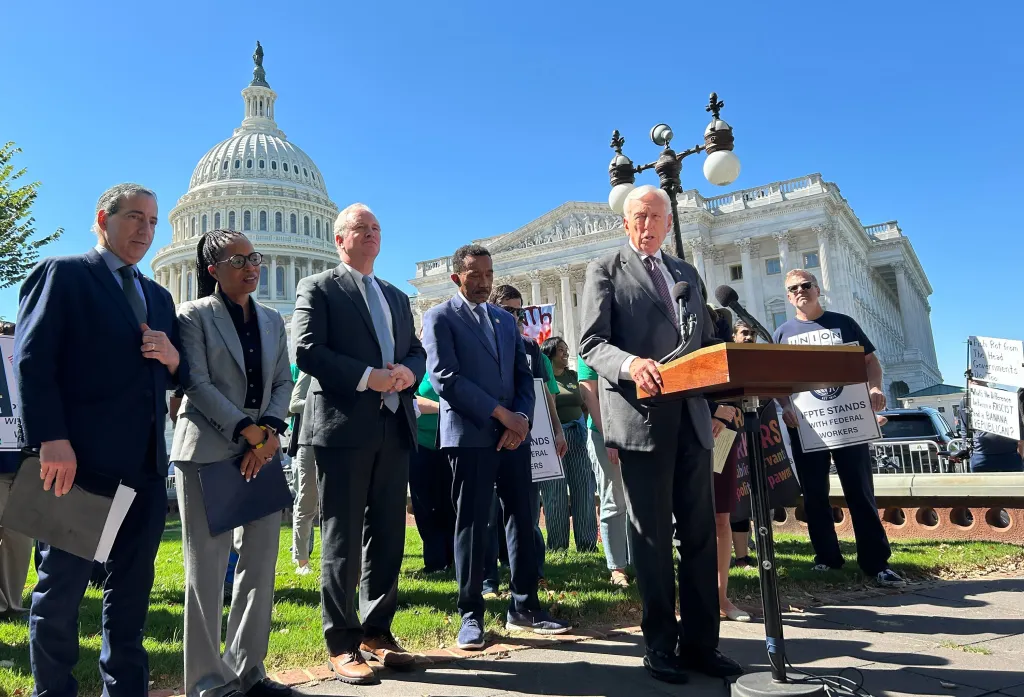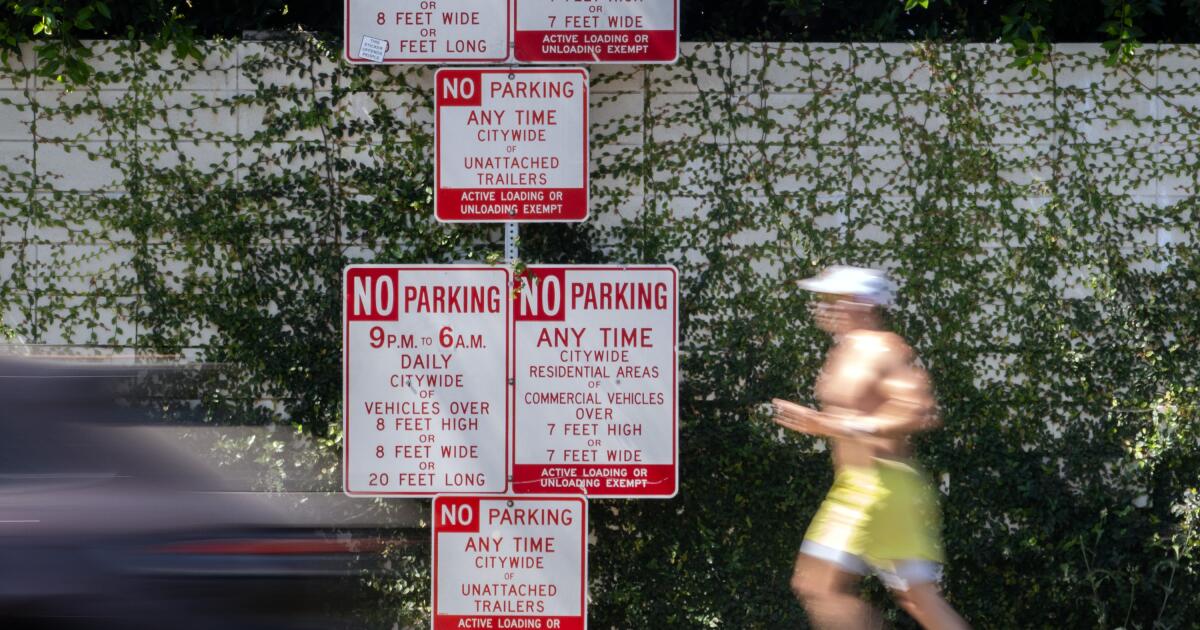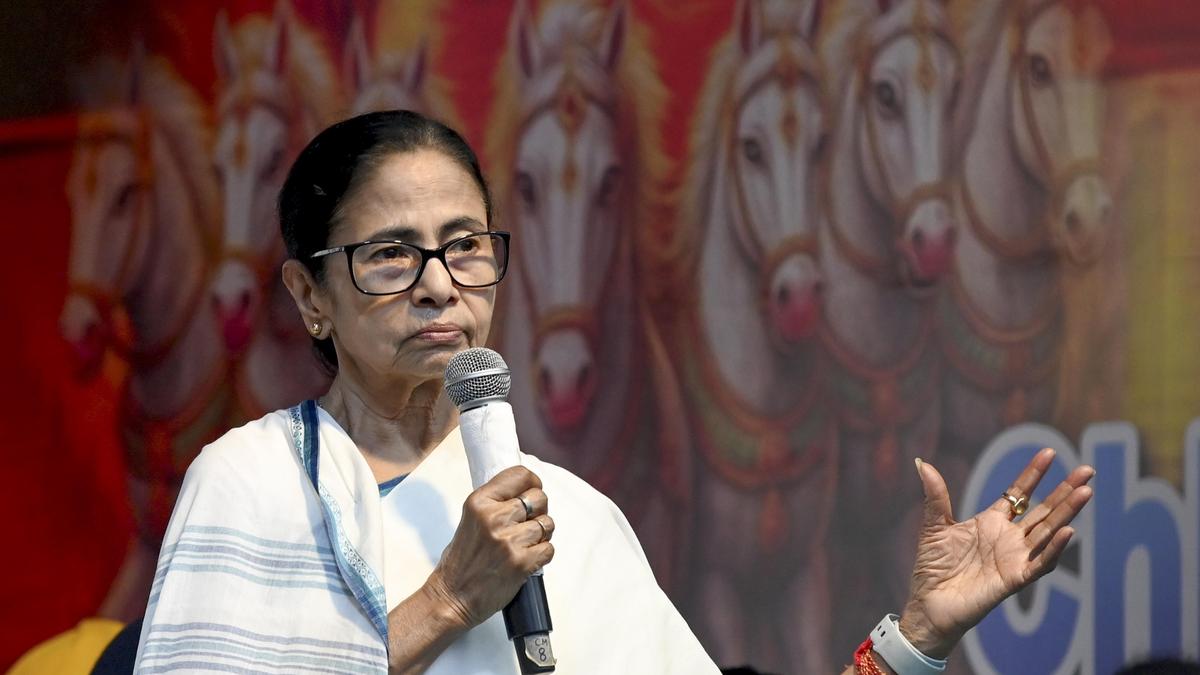Copyright Baltimore Sun

Approximately 7 million people — more than 2% of the U.S. population — assembled in thousands of communities for “No Kings,” the largest mass demonstration since the Vietnam War era. My local gathering in Bowie drew a thousand Marylanders, including a few inflatable costumes that have become a hallmark of similar demonstrations (for the record, I dressed as a crab). President Donald Trump’s social media feed delivered his official response to the demonstrations: a puerile AI-generated video of Trump himself, wearing a crown, dropping excrement on protesters from a fighter jet. If you are repulsed, you are not the audience. The real targets are the 15-year-old boys who will be voting in the 2028 election. Social media has completely rewired politics, allowing politicians and geopolitical adversaries alike to reach directly into the consciousness of voters. Yet, few leaders in the Democratic Party understand this shift. Our older representatives — including my own congressman and primary opponent, Steny Hoyer, 86 — still operate as if traditional news media had the same influence as in the time of their own youth. Their unfamiliarity with the technology that now defines politics has become an existential crisis for the Democratic Party, which has lost 12 of the last 16 House elections and is now at risk of being locked out of power permanently. Much of the Democratic Party elite convinced themselves that the institutions they grew up with — the press, the courts, Congress itself — were self-correcting, and that the system would right itself as it always has. Rep. Hoyer embodies this outdated, institutionalist mindset. But it was under leaders like Hoyer that Congress became a body in decline, gradually surrendering its lawmaking, budgeting and oversight responsibilities to the other branches of government. Its members outsourced vision to lobbyists and increasingly mistook procedural tricks for leadership. In doing so, Congress left a vacuum that a demagogue and a homegrown fascist movement rushed to fill. MAGA is our own American brand of fascism, but the resurgence in right-wing populist politics is global. From Hungary to Brazil, these movements share not just ideology, but methodology: the exploitation of social media to inflame grievance and distort reality. Propaganda now travels through algorithms, bypassing our obsolete (and now, under Trump, willfully complicit) regulatory structures. There are no clean lines on the map in this war. Politics is now a direct-to-consumer business, and the most popular politicians aren’t the ones who govern or legislate the best, but those who generate the best content. When news broke that Tennessee State Rep. Justin Pearson, 30, would challenge Rep. Steve Cohen, 76, for the state’s only Democratic House seat, Cohen replied, “I do one thing, and I do it well, and that’s legislating.” But Cohen, Hoyer and other House Democrats have very little legislating to do. Republicans control all three branches of government. Congress has passed just 36 laws this year, about half the pace of previous Congresses, and nearly all without Democratic input. President Joe Biden’s term was far more productive legislatively, but that earned Democrats few accolades from voters. Establishment Democrats seem unable to grasp that we can’t “out-govern” Republicans to electoral victory, but rather, must out-inspire them. One key problem for Democrats is that we continue to elevate the wrong candidates to compete in this new, digital battlespace: those who satisfy institutional checkboxes with credentials and endorsements, but too often lack lived experience and social media fluency. Instead of learning from its younger, more media-savvy members, the party apparatus keeps reverting to candidates who appeal to an increasingly elderly cadre of donors and insiders who treat the internet as a nuisance rather than a source of power. A party that once defined itself by hope and a grand vision for working people’s lives has grown defensive, bureaucratic and risk-averse. In an era when politics is defined by viral presence and authenticity, that deficiency is fatal. In New York City, the Democratic establishment’s effort to resuscitate a disgraced Andrew Cuomo against progressive Assemblyman Zohran Mamdani revealed how profoundly the party apparatus misunderstands the moment. If we are serious about renewal, the Democratic Party must open itself to candidates whose strength lies in conviction rather than conformity. We need to recruit more leaders who understand the stakes of policy because they have lived its consequences. That means loosening the grip of consultants, flattening donor influence and having a broader definition of what leadership looks like. I have not written any legislation myself, but as a small business owner and a volunteer firefighter, I live my life close enough to those in my community to understand their hopes and fears. In a world that feels more chaotic than ever, successful politicians will be the ones who can harness personal experiences and break through on social media to capture voters’ attention. The irony of my own race is that Steny Hoyer was quite young when he entered politics. He became a state senator at age 27 and entered Congress at 41, earning the media nickname “boy wonder.” Contemporary press coverage has made much of the 50-year age gap between us. But from the start, I’ve emphasized that the key difference between us is not age, but rather the ability to adapt to a rapidly changing political and media environment. I greatly respect what Rep. Hoyer accomplished in the past, but he and the party culture he helped build now stand in the way of its renewal. I call on Rep. Hoyer and our other elderly leaders in the party to step aside for a new generation of leaders capable of rising to the challenge before us.



